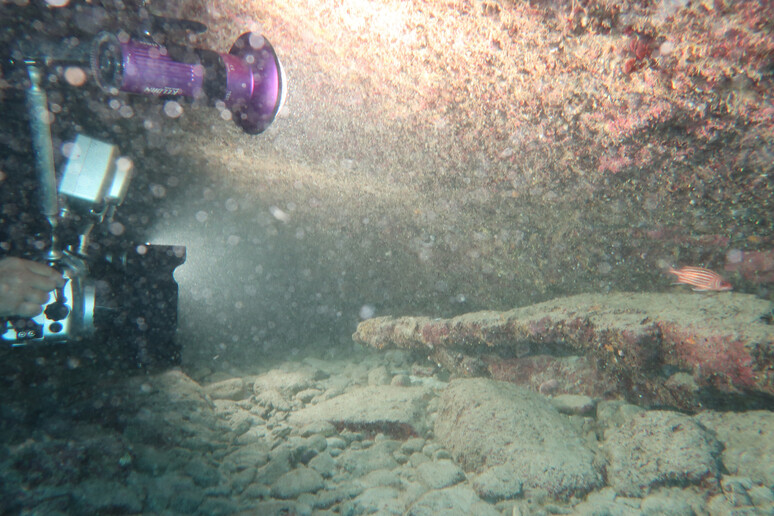The Mediterranean is the most invaded
sea in the world with 200 newcomer fish species having
encroached into its waters in the last 130 years, the National
Research Council-Marine Biology Institute (CNR_IRBIM) says in a
new paper published in Global Change Biology.
The causes are both climate change and the introduction by man,
both accidental and deliberate, the study says.
"The study shows that the phenomenon has had a major
acceleration starting in the 1990s, and how the most recent
invasions have been capable of the most rapid and spectacular
geographical expansions," said team leader Ernesto Azzurro.
The biggest entryway for this colonization has been the Suez
Canal, which has brought in species from the Red Sea, among the
most represented and problematic.
But there are other important vectors including naval transport,
release from aquariums, and the Strait of Gibraltar, the study
said.
"Some of these species constitute new resources for fishing,
well adapted to tropical climates and already utilized in the
easternmost parts of the Mediterranean," said Abruzzo.
"At the same time, many invaders cause the deterioration of
natural habitats, drastically reducing local biodiversity and
coming into competition with native and more vulnerable species.
"The pace of colonization is so great that it has already
changed the fauna identity of our sea, and so reconstructing the
history of the phenomenon enables us to better understand the
change that is happening".
ALL RIGHTS RESERVED © Copyright ANSA











